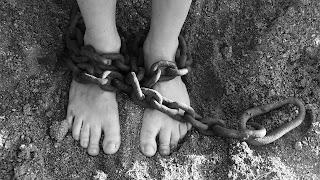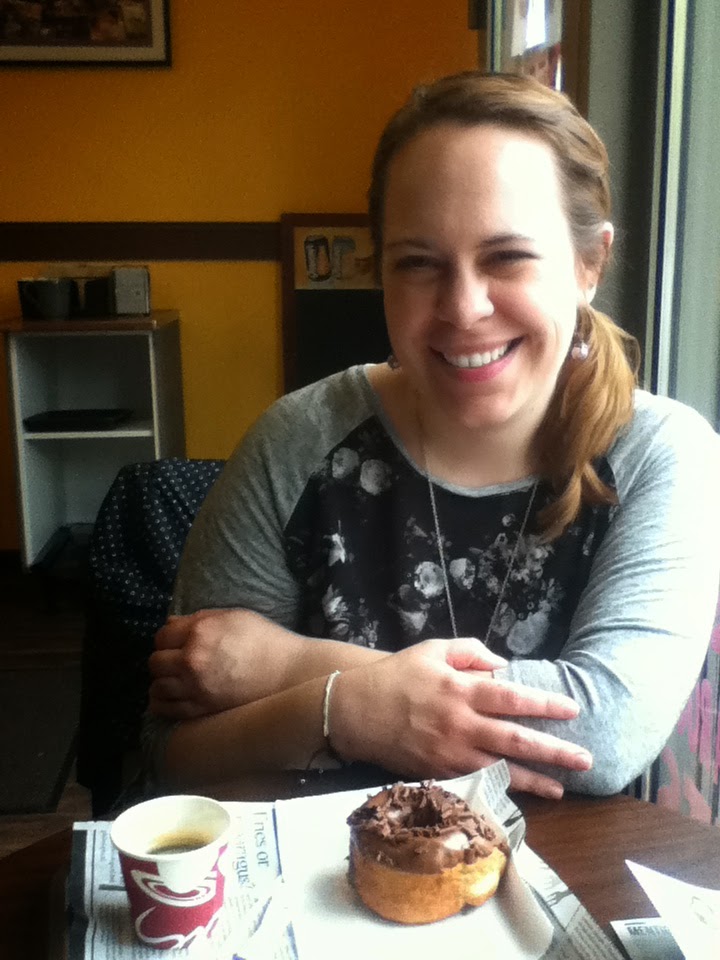"You want me to share in your affliction, but you never shared in mine...
I've been suffering for much longer, and so I know what pain is."
-Arlequin, from Marivaux's L'Ile des Esclaves (The Island of Slaves, 1725)
Imagine an island where the roles of Master and Slave are inversed. This is the set-up in Marivaux's 1725 play, in which descendants of slaves who formed their own island colony decide to teach a lesson to any slave owners who should happen upon their community. Thus when Iphicrate, slave owner, and Arlequin, slave, find themselves shipwrecked on the island, Arlequin has his first taste of freedom, and Iphicrate, his first taste of slavery.
Arlequin suddenly finds himself, for the first time in his life, in a place of position, of privilege, of power. What would you imagine that he does with it? As can perhaps be expected, at first he enjoys it! But when his former master begs for mercy, he grants it. Why?
Because unlike his former master, who never showed true compassion, the new Master Arlequin knows what it's like to be a slave and to suffer. He lived that way his whole life, and so even though Iphicrate has barely had a taste of slavery, Arlequin can't allow him to continue suffering. And now that Iphicrate has (literally) walked in his slave's shoes, upon regaining his position, he will never treat Arlequin the same way again.
This is compassion; this is empathy: truly understanding someone else's experience. Not assuming we know what it's like, not trying to justify it because we had good intentions. Arlequin's master believed that he genuinely loved his slave and treated him as a member of the family. But that is never how Arlequin felt, and once Iphicrate has spent some time as a slave, he finally feels it, too.
My organization recently held an internal discussion on race and racism, and as our president pointed out, if anyone is in pain and I can't understand why, the onus is on me to try to figure it out! It's not their job to justify their hurt. So, the next time my sister or brother tells me they are in pain, will I try to explain it away to make myself feel better? Or will I just listen--really listen--and do everything in my power to try to understand? That is true compassion. And it hurts.














